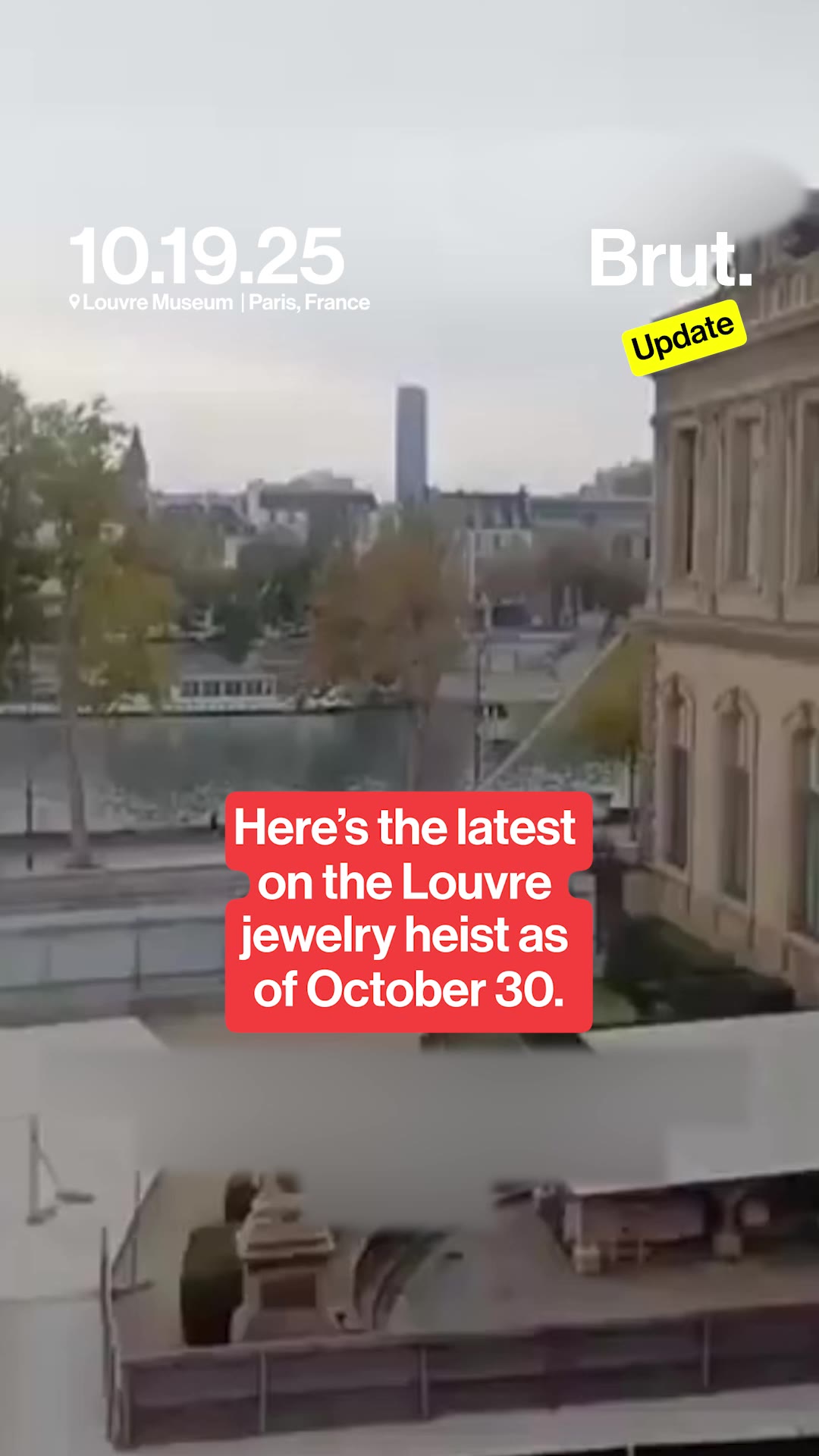Auschwitz survivor shares his memories
Stories from a Holocaust survivor
Roman Kent was born in 1929 in Łódź, Poland. He is a Holocaust survivor with a crucial message for future generations 75 years after the liberation of Auschwitz. Kent professes, “It's very important to remember the Holocaust because in the first place, I could not believe and I don't even believe today that people could be so cruel to each other what they did in during the Holocaust and the ghettos.” He remembers his life before the war to be rather pleasant and carefree. “As I would say I was living with my family, having my parents. My brother was home. … And my two sisters and we lived a very nice and comfortable life,” he tells Brut. At the end of 1939, his family was imprisoned in Łódź ghetto, where his father eventually died. Then in 1944, his family was deported to Auschwitz-Birkenau. Recalling such painful memories, he shares, “There is no way to explain to you what it means to be in the concentration camp. The life has no meaning. The cruelty of one man to another is indescribable. …. when you can see a little child being thrown into an oven for burning? Can anyone explain this? ... what innocent little children deserve to be murdered. And I mean murder. There was smile on the faces. The Germans, they throw the little babies into a fire. What did they do? What did they deserve?”
A survivor’s biggest wish
Roman’s mother was murdered in Auschwitz. One of his sisters died shortly after the end of the war. He met his wife, also a Holocaust survivor, after emigrating to the U.S. Roman has dedicated his life to being a tireless advocate for Holocaust education. “For me, a survivor of Auschwitz, to forget the horrific experiences during the concentration camps, even for one moment, is impossible. Witnessing the atrocities committed at the entrance gates to Auschwitz, was more than enough to keep me awake at night until the end of time… we survivors do not want our past to be our children’s future.” he states.
There were over 40,000 camps and ghettos in Europe during the Holocaust. Yet, 49% of U.S. millennials cannot name a single one. To combat the lack of Holocaust education, Kent recommends starting “young children since their mind is tabula rasa. Their mind is blank.” This is the ideal time to inform and educate to ensure they aren’t given any misinformation. “When you have, right now, so many incidents of anti-Semitism. It grows. And if it could happen in a country so cultural as that of Germany. Imagine what can happen in other countries,” he warns.
Brut.
Auschwitz survivor shares his memories
Stories from a Holocaust survivor
Roman Kent was born in 1929 in Łódź, Poland. He is a Holocaust survivor with a crucial message for future generations 75 years after the liberation of Auschwitz. Kent professes, “It's very important to remember the Holocaust because in the first place, I could not believe and I don't even believe today that people could be so cruel to each other what they did in during the Holocaust and the ghettos.” He remembers his life before the war to be rather pleasant and carefree. “As I would say I was living with my family, having my parents. My brother was home. … And my two sisters and we lived a very nice and comfortable life,” he tells Brut. At the end of 1939, his family was imprisoned in Łódź ghetto, where his father eventually died. Then in 1944, his family was deported to Auschwitz-Birkenau. Recalling such painful memories, he shares, “There is no way to explain to you what it means to be in the concentration camp. The life has no meaning. The cruelty of one man to another is indescribable. …. when you can see a little child being thrown into an oven for burning? Can anyone explain this? ... what innocent little children deserve to be murdered. And I mean murder. There was smile on the faces. The Germans, they throw the little babies into a fire. What did they do? What did they deserve?”
A survivor’s biggest wish
Roman’s mother was murdered in Auschwitz. One of his sisters died shortly after the end of the war. He met his wife, also a Holocaust survivor, after emigrating to the U.S. Roman has dedicated his life to being a tireless advocate for Holocaust education. “For me, a survivor of Auschwitz, to forget the horrific experiences during the concentration camps, even for one moment, is impossible. Witnessing the atrocities committed at the entrance gates to Auschwitz, was more than enough to keep me awake at night until the end of time… we survivors do not want our past to be our children’s future.” he states.
There were over 40,000 camps and ghettos in Europe during the Holocaust. Yet, 49% of U.S. millennials cannot name a single one. To combat the lack of Holocaust education, Kent recommends starting “young children since their mind is tabula rasa. Their mind is blank.” This is the ideal time to inform and educate to ensure they aren’t given any misinformation. “When you have, right now, so many incidents of anti-Semitism. It grows. And if it could happen in a country so cultural as that of Germany. Imagine what can happen in other countries,” he warns.
Brut.













